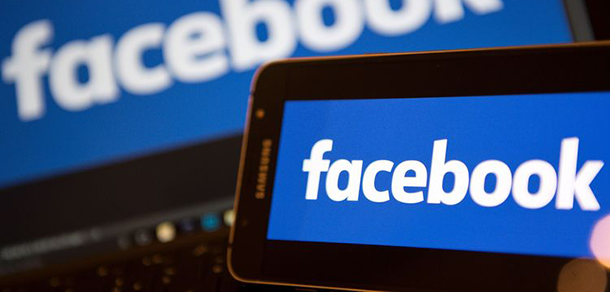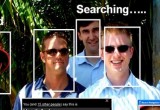Facebook facial recognition lawsuit date pushed back from July
13 June, 2018
category: Biometrics, Corporate, Digital ID, Government
The Facebook facial recognition lawsuit has been delayed by a federal court so that the social media operator has a chance to notify the potential members of the class action filed against it.
Scheduled to start on July 9, the trial reportedly will be pushed back after a recent ruling by the U.S. Court of Appeals for the Ninth Circuit. Judges William Fletcher and Consuelo Callahan granted an emergency motion for interlocutory review of the April 16 class certification ruling.
Facebook’s concern that notifying class members now might cause confusion later is overblown
The presiding judge of the Ninth Circuit, James Donato, had earlier refused a request from Facebook to delay the July 9 trial start. No new trial date was immediately available.
The case involves the biometric authentication technology that Facebook uses, among other things, to serve up super-personalized advertising to consumers. Facebook scans photographs of users, puts the images through software analysis and relies on algorithms to detect biometric data to match users’ moods to ads that might resonate.
The authentication technology is legal in most jurisdictions, according to reports — often though loopholes in laws that allow sufficient space for Facebook and other digital firms to operate their biometric recognition programs. But in Illinois, the Biometric Information Privacy Act, or BIPA, prohibits such authentication technologies, including via facial recognition, fingerprints and iris scans.
Facebook facial recognition lawsuit update: No harm done, the company says
Citizens of the state can file suit if they think their biometric data has been used in violation of the law. Fines can reach up to $5,000 for each violation.
Facebook, which had said that the suit’s plaintiffs have not demonstrated any harm the biometric authentication technology, has twice asked to be dropped from the suit, but Donato has regularly taken a skeptical attitude toward those requests. That tone continued in one of his most recent ruling, the one that came before Facebook won a delay.
“Facebook’s concern that notifying class members now might cause confusion later is overblown,” Donato wrote. “Facebook has not proffered any evidence indicating that class members would be left in a state of disarray and befuddlement, as it suggests, if developments during trial or post-trial appellate review resulted in a change to or decertification of the class.”




